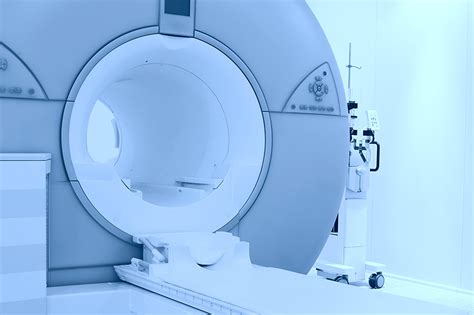If you’re facing a medical diagnosis that requires a CT scan, figuring out the cost can be overwhelming. This comprehensive guide will help you navigate the complexities of CT scan pricing and make informed decisions.

Factors That Determine CT Scan Costs
Numerous factors influence the cost of a CT scan, including:
- Location: Costs vary widely across different regions and healthcare providers.
- Type of CT Scan: Basic scans are generally less expensive than specialized ones like cardiac or angiography CT scans.
- Facility: Hospitals and independent imaging centers typically have different pricing structures.
- Insurance Coverage: Your insurance plan may cover a portion or all of the cost, depending on your deductible and co-insurance.
- Discounted Rates: Some facilities offer discounted rates for uninsured patients or those paying cash.
Average Cost Ranges
According to FAIR Health, a non-profit organization that collects healthcare billing data, the average cost of a CT scan in the United States ranges between $1,200 and $3,000.
| Region | Average Cost |
|---|---|
| Northeast | $1,800 – $2,500 |
| South | $1,200 – $1,700 |
| Midwest | $1,300 – $1,800 |
| West | $1,700 – $2,300 |
Example: A basic head CT scan without contrast may cost around $1,000, while a cardiac CT scan with contrast can cost over $2,000.
How to Reduce CT Scan Costs
To minimize your expenses, consider the following tips:
- Shop Around: Compare prices from multiple facilities before scheduling your scan.
- Ask About Discounts: Inquire about potential discounts for uninsured patients or cash payments.
- Negotiate with Your Provider: If you have a high deductible or no insurance, negotiate with the facility for a lower rate.
- Consider a Radiology Center: Independent radiology centers often offer lower prices than hospitals.
- Get a Referral: Your doctor may provide a referral to a specific facility with competitive pricing.
New Applications and Innovations
Artificial Intelligence (AI) is revolutionizing CT scanning by:
- Enhancing image quality and accuracy
- Automating analysis and interpretation
- Reducing radiation exposure and scan times
Personalized Medicine: CT scans can now be tailored to individual patient characteristics, leading to more targeted diagnoses and treatments.
Multi-Modal Imaging: Combining CT scans with other imaging techniques, such as MRI or PET, provides a more comprehensive view of the body.
Frequently Asked Questions
Q: Do I need to fast before a CT scan?
A: In some cases, you may be asked to fast for 4-6 hours before the scan.
Q: How long does a CT scan take?
A: The scan itself usually takes 10-30 minutes, but the entire process can take longer.
Q: What should I wear for a CT scan?
A: Loose, comfortable clothing is recommended. You’ll be asked to remove any metal objects before the scan.
